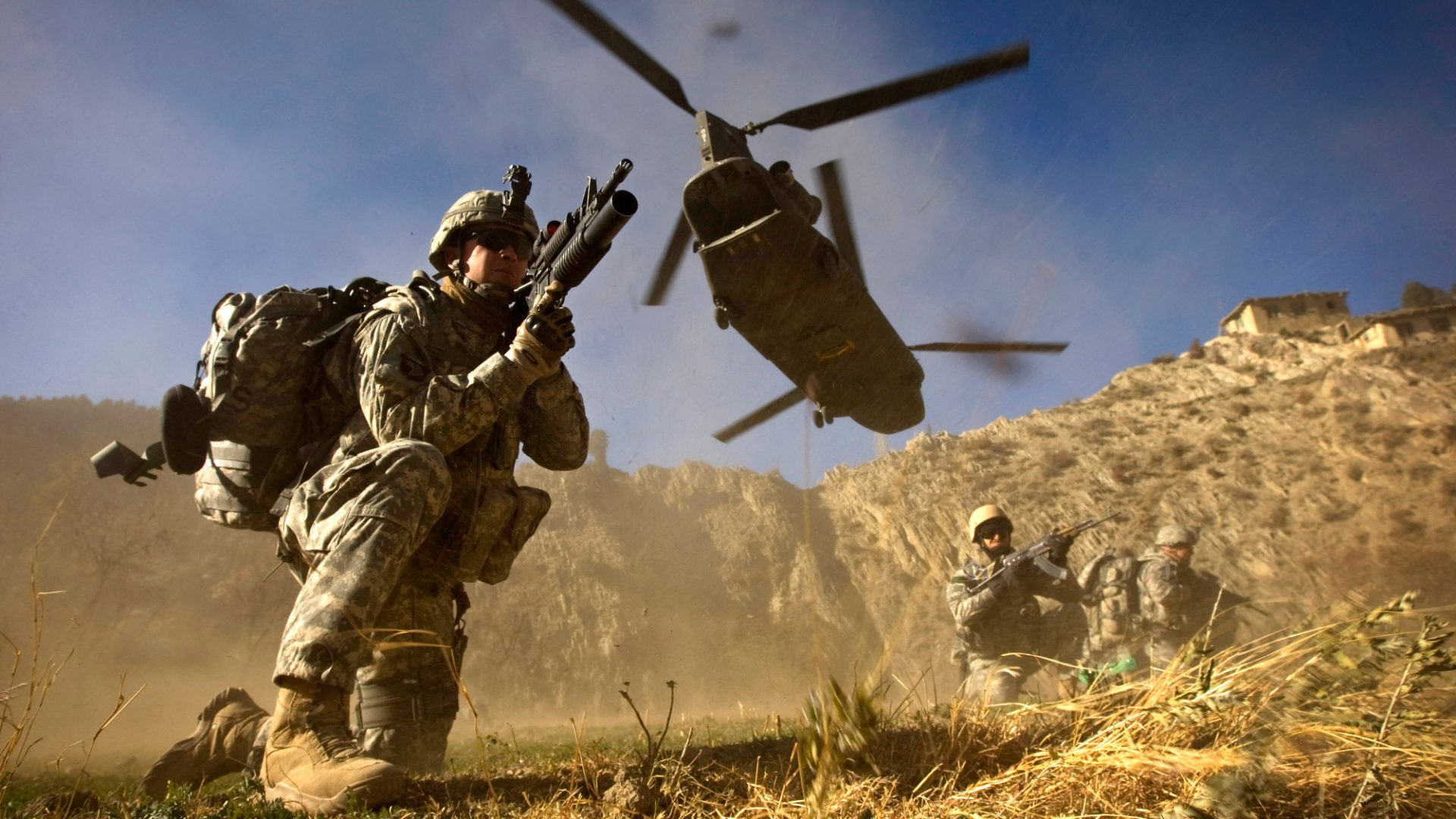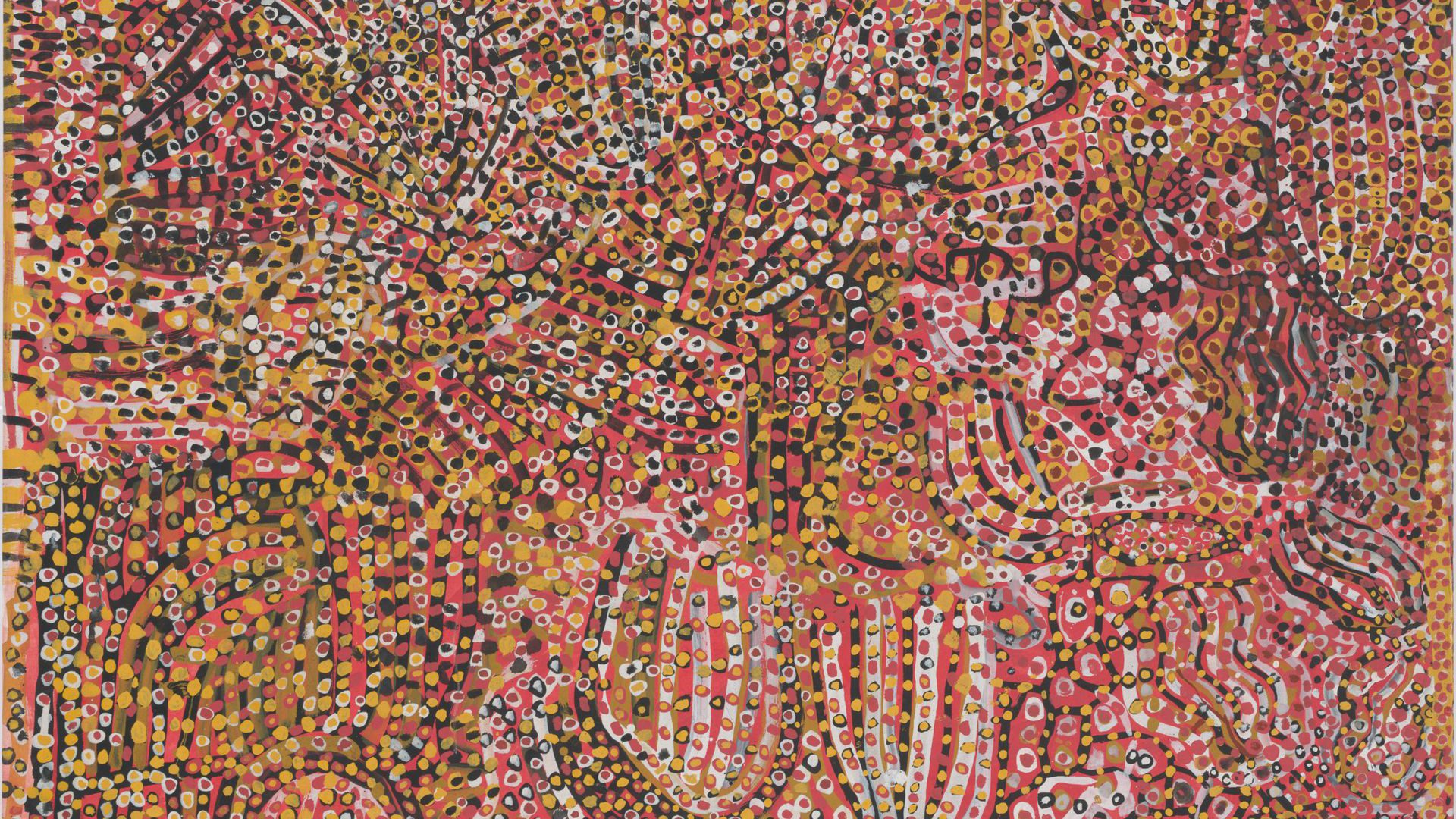Every epoch has its own monsters and its own heroes.
Vampires proliferate through periods of economic growth. They are the ultimate manifestation of the one per cent, defeating death by sucking the living blood out of the rest of us, preying on our sexual fantasies as the ultimate in.
Zombies lumber into view during recession and downturns. The Walking Dead are nightmares of the poor: badly dressed, stinky and homeless. They are the mob, overwhelming us by weight of numbers, and more recently, enraged by their constant marginalisation, they no longer walk: they run.
Both vampires and zombies also give us a legitimate enemy to kill with impunity, the only moment of possible hesitation comes when a loved one turns, and even then the correct course is clear and as an audience we scream (internally) at the screen to off grandma tout suite. Although beginning in horror, these movies are often more action films where violence is always the answer and gun control is for the soon-to-be-dead.
It is fitting in our morally catastrophic times that our monsters and our heroes are becoming identical.
The assassin has figured in films and television since Alain Delon in Le Samourai and Edward Fox in Day of the Jackal, as well as Luc Besson’s diptych Nikita and Leon the Professional. The moral queasiness of the hitman genre has often placed the killer beyond the bounds as either an outright villain, or an anti-hero who must nevertheless pay a fatal price by the end of the film.
Keely Hawes’ new television drama The Assassin is only the latest in a proliferation of television and films which take the professional killer as the hero. The twist here is that Hawes’ main character is a middle aged woman who has retired (see Geena Davis in The Long Kiss Goodnight for a version of this idea) and has an adult son.
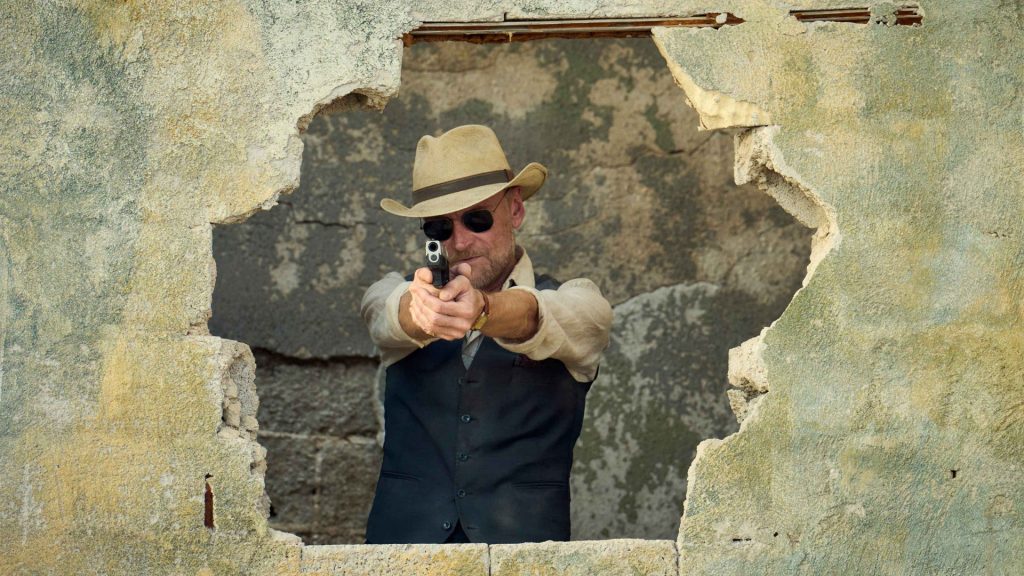
When her past comes back to haunt her, blah blah blah. You could write the screenplay because the tropes of the genre are so familiar: the unsuspecting family members – ”who are you?” – the muscular and dispensable NPCs dressed entirely in velcro, the one-shot action sequence, the local imbecile cops who turn up only to crash their keystone cop cars in the ensuing chase, the secret cache of weapons, the mysterious contact, the traumatic childhood that explains the recruitment, the utter lack of consequences when it comes to violence and the moral vacuity at the center of the whole affair. Killing, it’s a lark.
I shouldn’t blame The Assassin, though it’s elbow-to-the-face stupid. It comes in the midst of a culture that is drowning in so many of these films and shows that if I was an alien orbiting from space and studying our culture I might be tempted to conclude that there was an ongoing effort to desensitise entire populations to the concept of professional murder.
We’ve had the gun-fu of John Wick, which now has its own universe that includes the spin off Ana de Armas film Ballerina and the TV show The Continental. We have Eddie Redmayne in a remake of The Day of the Jackal; Michael Fassbender in The Killer; Kiera Knightly and Ben Whishaw in Black Doves. Jason Statham in every Jason Statham film.
One of The Stath’s, The Beekeeper, buzzes around the oft-reused plot of giving the assassin an uber-normal occupation that they can be called back from. Adrien Brody in Clean is a binman; Ben Affleck in the two Accountant films is an accountant; Bob Odenkirk in the two Nobody films is a nobody, an office worker, and (hooray) a former assassin.
An eagle-eyed reader will have noted a shift in earlier manifestations of the assassin genre and the current deluge. The anti-hero has become the hero and can survive to allow for a franchise to develop. SPOILER: a second season of Day of the Jackal is on the way. The codes of the assassins – no women, no children – are no longer adhered to quite so strictly.
In the first episode of The Assassin, there is a massacre at a wedding which is indiscriminate and tonally what Walter Benjamin called “fucking grim”. And this is in a comedy!
Suggested Reading
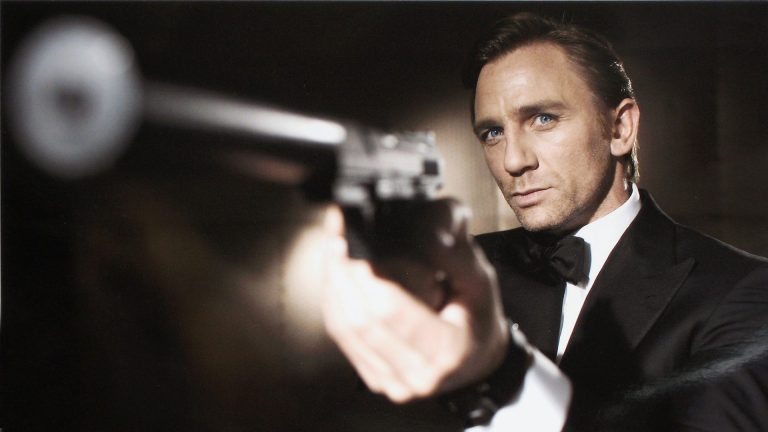
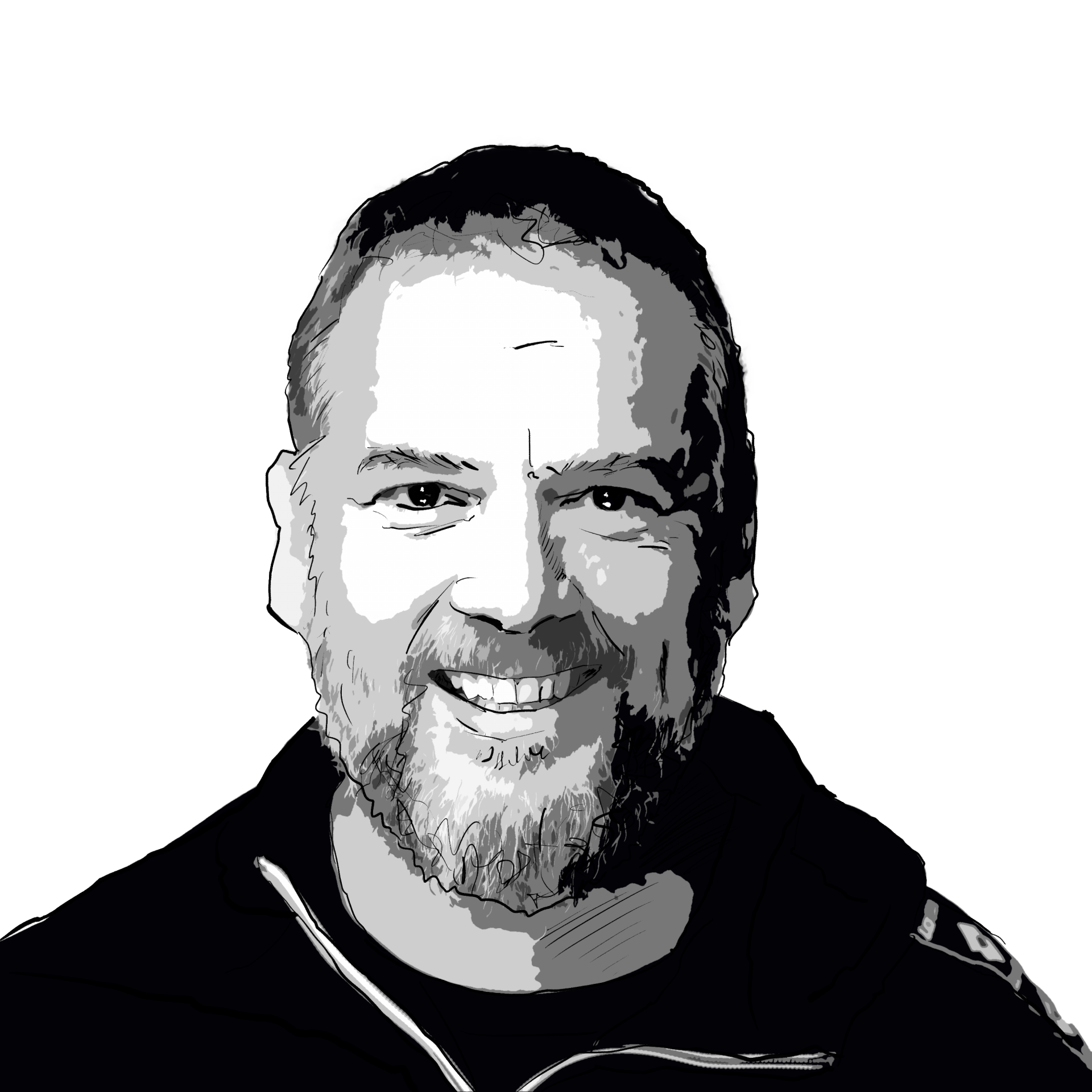
Licence to kill a franchise
The enemy might be drug kingpins or oligarchs, deep state actors or gangland villains. They’re frequently foreign and the only way to defeat them is via the application of extreme violence. In other words, extermination. Gaza much? Too ICEy?
Many will argue this is all just a bit of fun. And I’ve been John Wooed by some excellently executed action sequences – though the one-shot take is becoming a cliché that has worn out its welcome – but there is something corrosive to the collective soul about this becoming the predominant story our culture tells itself.
The late great comedian Bill Hicks used to joke that the early reality show Cops, which followed police officers busting criminals, should be called Stormtroopers, such was its fascistic tendencies. Nowadays our fascism has become more entrepreneurial, more located in the private world than the mass movement. And its Übermensch oder Überfrau is The Assassin.



